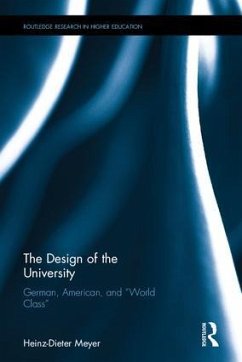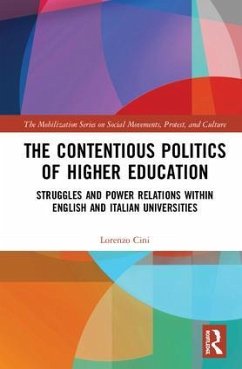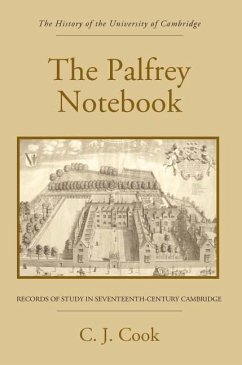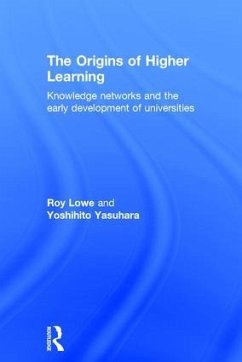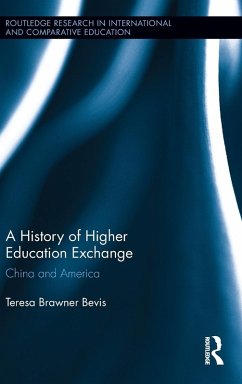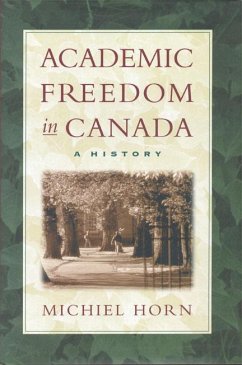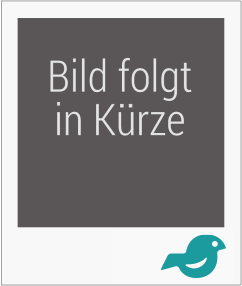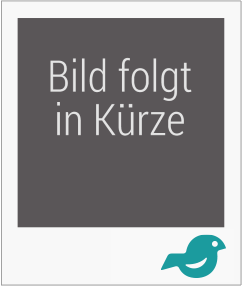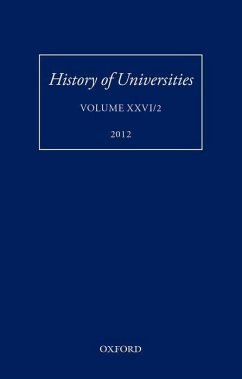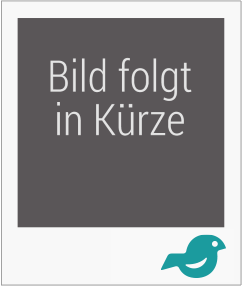Nicht lieferbar
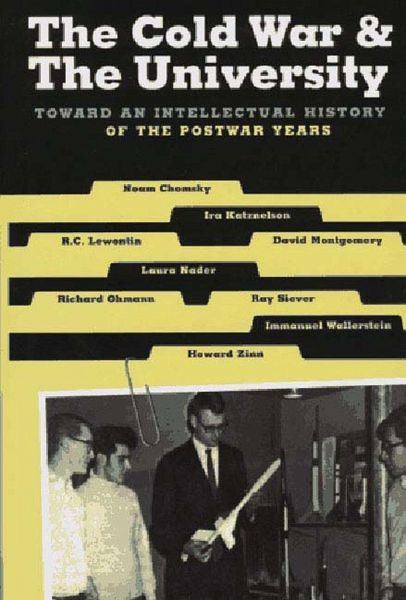
The Cold War & the University
Toward an Intellectual History of the Postwar Years
Herausgeber: Chomsky, Noam
Versandkostenfrei!
Nicht lieferbar
The years following 1945 witnessed a massive change in American intellectual thought and in the life of American universities. The vast effort to mobilize intellectual talent during the war established new links between the government and the academy. After the war, many of those who had worked with the military or the Office of Strategic Services (OSS) took jobs in the burgeoning postwar structure of university-based military research and the intelligence agencies, bringing infusions of government money into many fields. Little has been written about the long-term impact of this close associa...
The years following 1945 witnessed a massive change in American intellectual thought and in the life of American universities. The vast effort to mobilize intellectual talent during the war established new links between the government and the academy. After the war, many of those who had worked with the military or the Office of Strategic Services (OSS) took jobs in the burgeoning postwar structure of university-based military research and the intelligence agencies, bringing infusions of government money into many fields. Little has been written about the long-term impact of this close association, despite considerable study of the McCarthy period's destructive impact on academic careers. The Cold War and the University is a groundbreaking collection of newly commissioned essays that takes a bold first step toward the reconstruction of this history. In it, some of the country's most prominent intellectuals use their own experiences to explore what happened to the university in the postwar years and why. In wide-ranging and revealing essays, these writers show the many ways existing disciplines, such as anthropology, were affected by the Cold War ethos; they discuss the rise of new fields, such as area studies; and they explore the changing nature of dissent and academic freedom during and since the Cold War.




